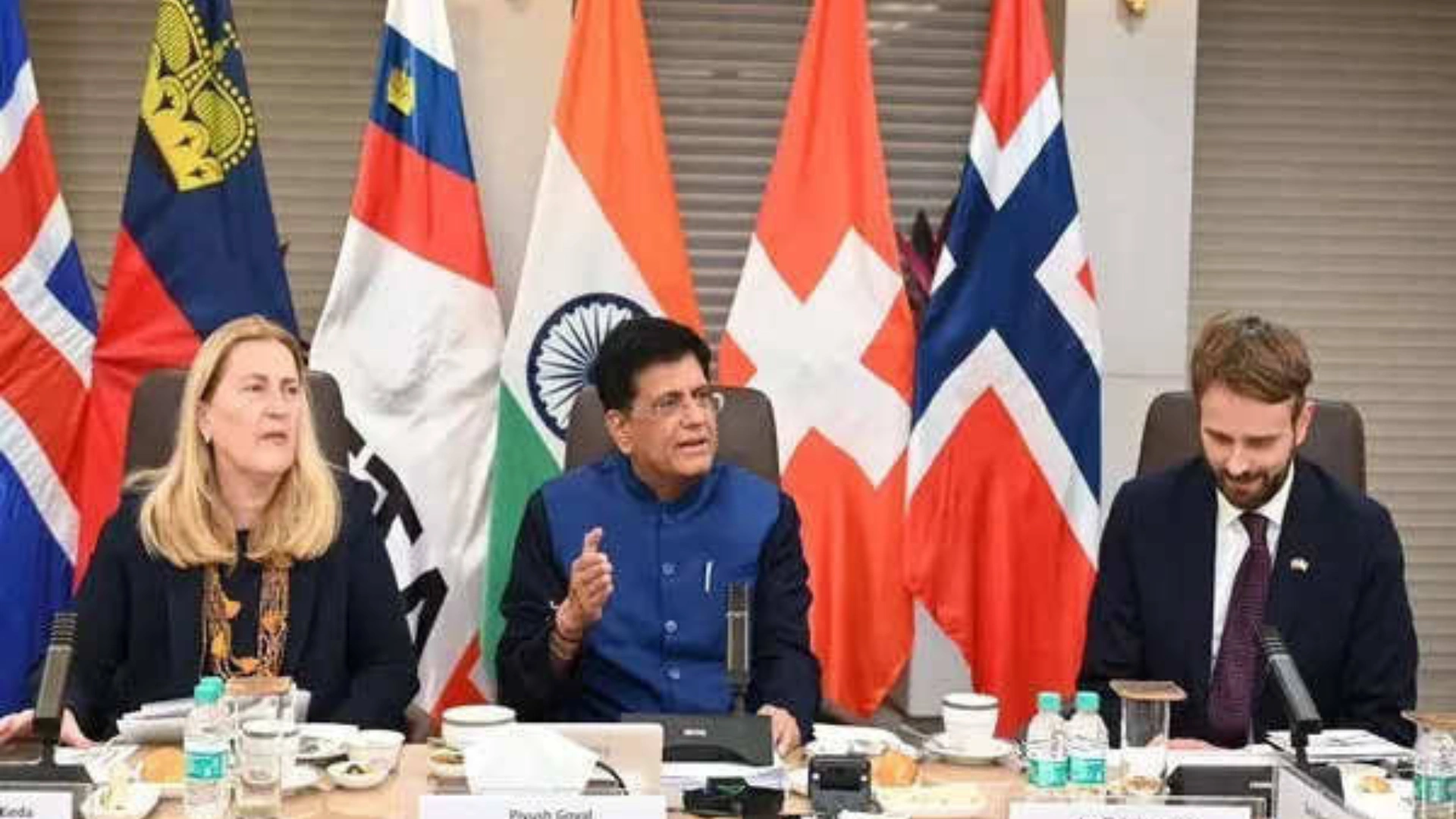Euro 2024 not only marked a historic tournament with Europe’s nations competing for the Henri Delaunay Trophy in a unified Germany, but it also signaled the end of an era for the German national team.
Departure of Four Key Figures
Germany’s Euro 2024 campaign, which concluded with a quarter-final loss to Spain, has marked a significant transition for the national team. Four of the squad’s stalwarts—Ilkay Gundogan, Thomas Muller, Manuel Neuer, and Toni Kroos—have announced their retirement from international football. Their departures leave a void in a team that has seen them make a combined 451 appearances over the past decade, including their pivotal role in Germany’s World Cup victory in 2014.
Their retirements come at a time when Germany has struggled to regain its former glory. The team failed to advance beyond the group stages in two of the last four major tournaments, and their recent exit from the Euros further highlighted their challenges. Julian Nagelsmann, now at the helm, faces the task of rejuvenating the squad in their absence.
The Legacy of the Retirees
Kroos and Gundogan played crucial roles in Nagelsmann’s midfield during the Euros, while Neuer remained Germany’s starting goalkeeper. At 34, Kroos was a key playmaker and midfield anchor, and his retirement will leave a significant gap. The loss of these experienced leaders, who were integral to the 2014 World Cup triumph, marks the end of an era for the national team.
Manchester City’s decision to re-sign Gundogan, following his abrupt departure from Barcelona, underscores his continued value. With Muller, Kroos, and Neuer now retired, Nagelsmann faces the dual challenge of rebuilding the team on the field and within the dressing room.
New Leadership and Emerging Talents
The transition to a new generation is underway, with Joshua Kimmich named as the new captain, succeeding Gundogan and Neuer. Kimmich’s leadership comes at a time when he has been grappling with form and positional uncertainty. Despite his energy and commitment, his recent struggles with Bayern Munich and the German national team add complexity to his new role.
Young talents like Jamal Musiala and Florian Wirtz represent the future of German football. While they offer exciting potential, they are still developing their leadership qualities. Players such as Kai Havertz and Maximilian Beier also show promise, but the team’s youthful roster will need time to mature and find its identity.
Goalkeeping and Midfield Challenges
Marc-Andre ter Stegen is set to take Neuer’s place as Germany’s number one goalkeeper. The 32-year-old Barcelona keeper has been handed the jersey for the upcoming Nations League matches against Hungary and the Netherlands, marking the fulfillment of a long-awaited goal for him.
The search for Kroos’s successor is less clear. Bayern’s Aleksandar Pavlovic, who missed the Euros due to illness, is seen as a potential future star in midfield. At just 20, Pavlovic has shown promise but may not yet be ready to carry the responsibility that Kroos held.
Future Outlook
With a squad that was among the oldest at Euro 2024, Germany will now shift towards a younger, less experienced team. Players like Musiala, Wirtz, and Pavlovic bring a new level of creativity and enthusiasm. While this new generation holds potential for exciting football, the German public will need to exercise patience and accept that setbacks may occur as the team transitions.
Must Read: Chennaiyin FC Sign Seasoned Defender Laldinliana Renthlei


















